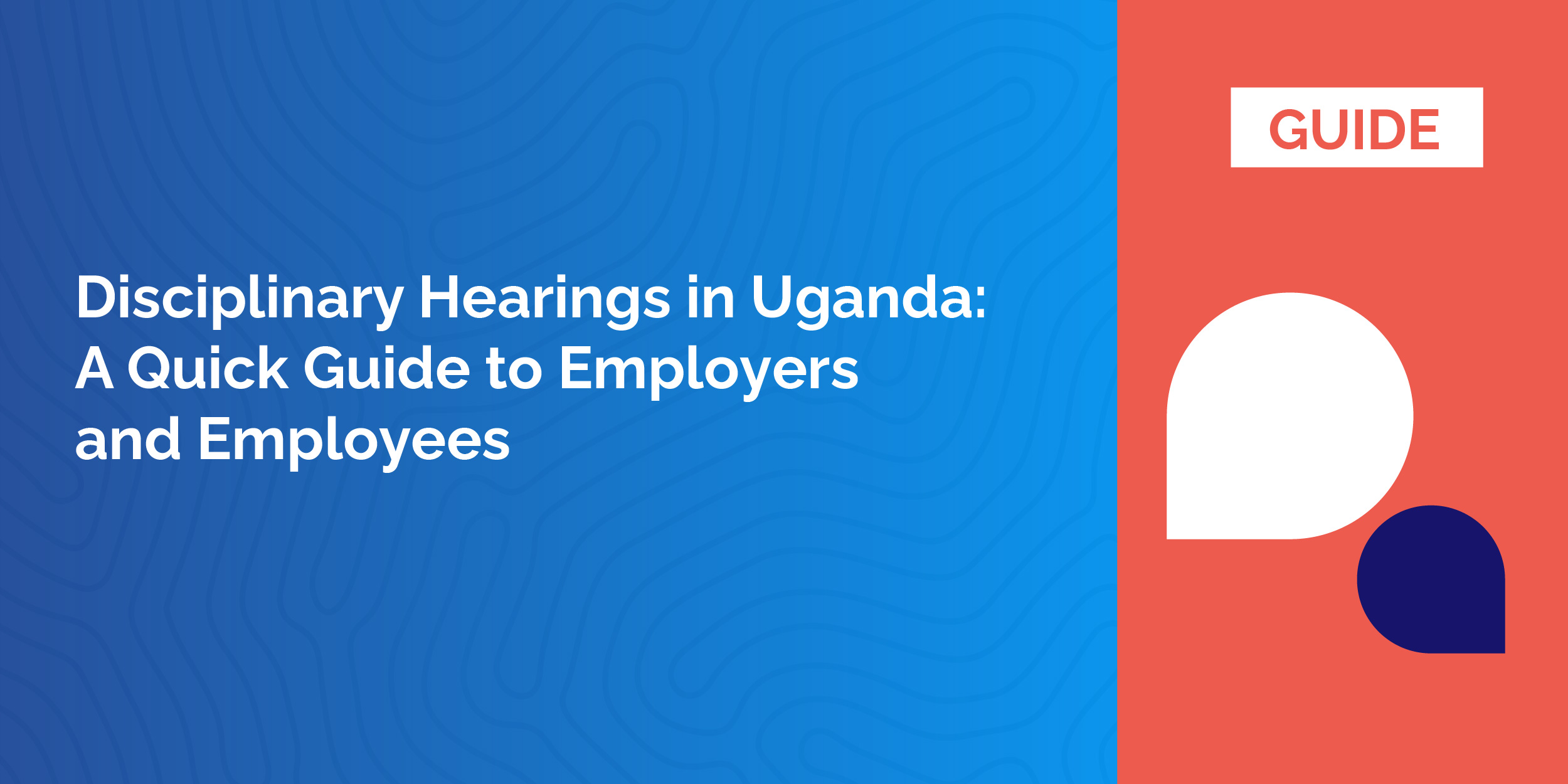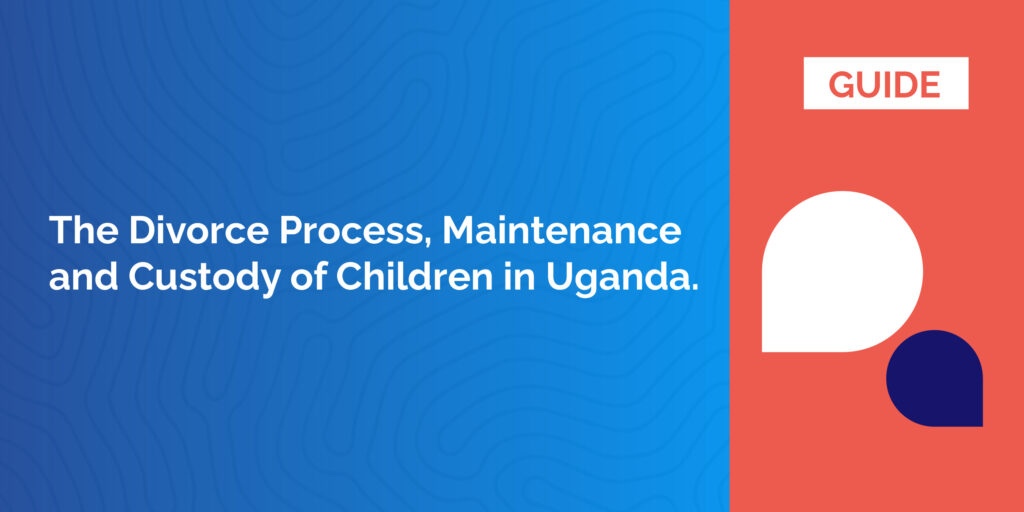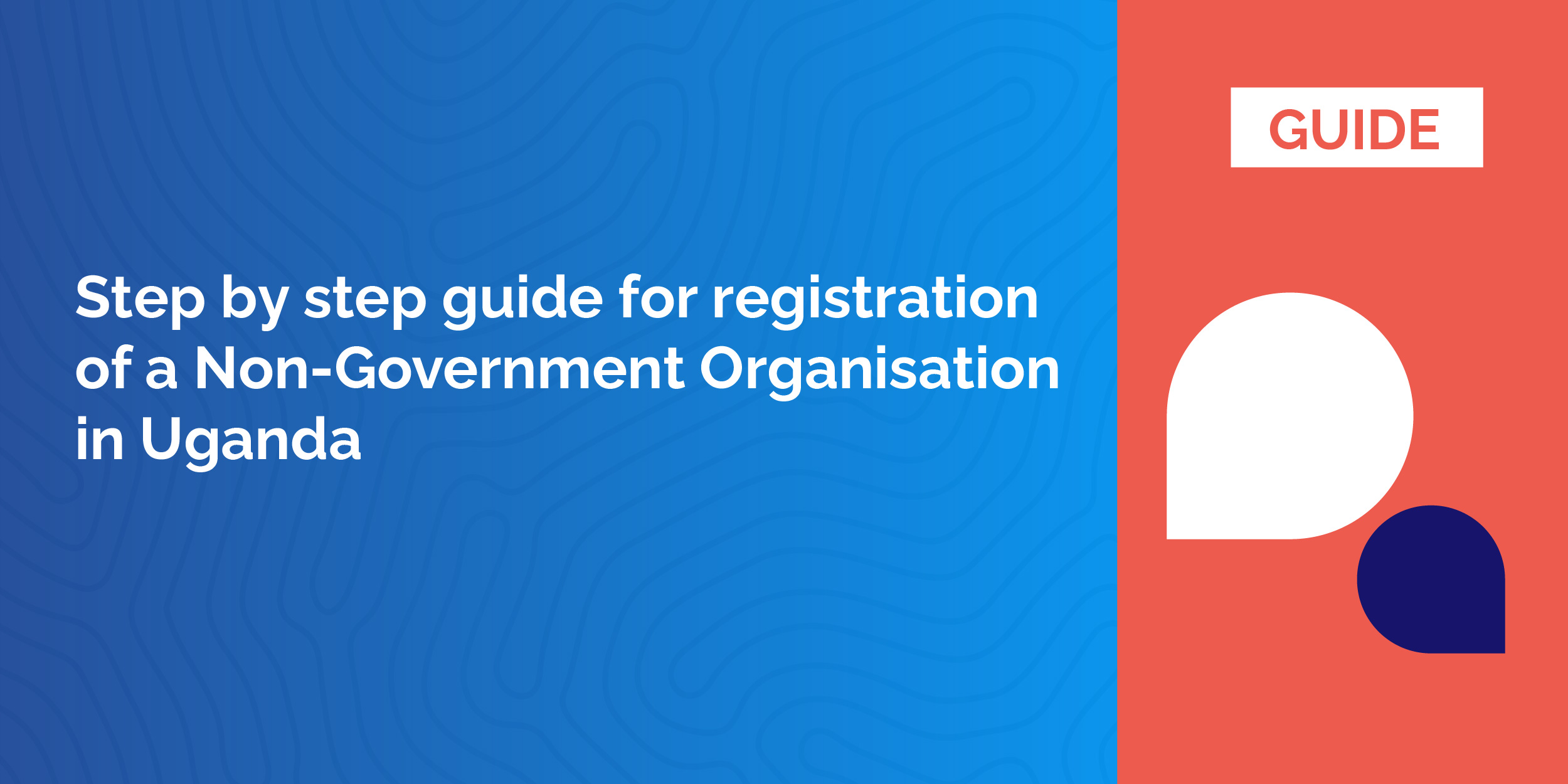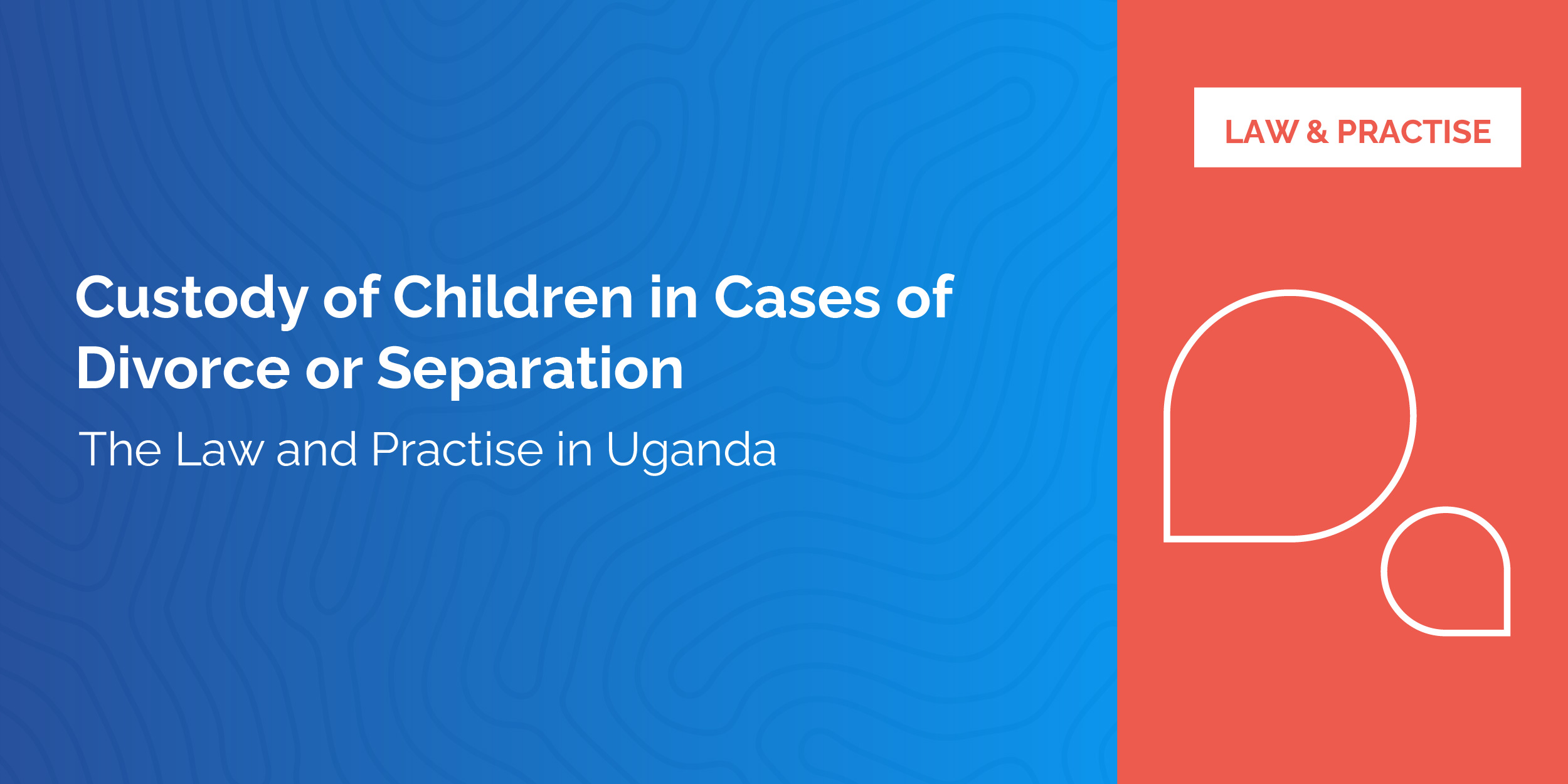Introduction
The law relating to dismissal and termination of employees has been an evolving one. The 2006 regime of labour and employment laws brought a fundamental difference in the manner in which the employer-employee relationship is navigated.
This article looks at the law relating to separation of employees from employers following a disciplinary hearing. It is important to note is that whilst the Employment Act uses the words dismissal and termination interchangeably, when an employer chooses to take an employee through disciplinary hearing prior to separation, such arising separation is referred to as dismissal. The disciplinary may discharge the employee by way of summary dismissal if the employee commits a verifiable misconduct.
We appraise the tenets that constitute a water tight disciplinary process that protects the employer and also offers a fair hearing to the employee in accordance with the labour law Legal regime in Uganda.
Guiding legal framework for Disciplinary Hearings
- The Disciplinary hearings fundamentally affect the rights of employees. As such, they should be conducted in accordance with the law and International Labour Organisation guidelines. Below is the guiding framework;
The Constitution of Uganda, 1995
Under Article 28 of the Constitution the requirement for fair hearing is fundamental and listed among the non-derogable rights under Article 44. A reproduction of Articles 28 and 44 are here below;
Article 28. Right to fair hearing
In determination of Civil rights and obligations or any criminal charge, a person shall be entitled to a fair, speedy and public hearing before an independent and impartial court or tribunal established by law
Article 44. Prohibition of derogation from particular human rights and freedoms
Notwithstanding anything in this Constitution, there shall be no derogation from the enjoyment of the following rights and freedoms-
- Freedom from torture and cruel, inhuman or degrading treatment
- Freedom from slavery or servitude
- The right to fair hearing
- The right to an order of habeas corpus
The above articles are fundamental because they give birth to the non derogability of the right to fair hearing in Uganda which is a major guiding principle for disciplinary hearings.
The Employment Act, 2006
Under Section 66, the activity of disciplining an employee should be guided by the key aspects below;
- Before an employer reaches a decision to dismiss an employee on grounds of misconduct, the employer should explain to the employee in a language the employee understands.
- The reason for which the employer is considering dismissal must be provided to the employee.
- The employer should advise the employee that he/she is entitled to representation of his/her choice.
- The employer before reaching the decision to dismiss an employee should consider all representations made by the employee and/or his representative.
- A complaint may be made to the labour officer for failure by the employer to observe requirements of Section 66.
International Labour Organisation Labour Disciplinary Regulations
Under this international Regulation, principles are set out for handling labour Discipline. These among others include;
- The employer must be able to prove the culpability of the worker
- The worker must be physically present and has the right to defend self or have a lawyer or worker’s representative to assist in their defence.
- Any settlement of a labour discipline must be recorded in writing.
- It is prohibited to impose more than one disciplinary measure for one violation
- When an employee simultaneously commits multiple violations, they will only be subject to the highest form of disciplinary measure corresponding to the most serious violation.
The Position of Ugandan Courts on Disciplinary
The Ugandan Courts have interpreted section 66 of the employment Act and offered guidance especially as regards conducting a disciplinary hearing that would potentially lead to summary dismissal. One such guidance was provided by Court of Appeal in Uganda Breweries Ltd Vs Robert Kigula Civil Appeal No.183 of 2016 where Court held that;
(a) Summary dismissal is the discharge of an employee from employment at the initiative of an employer when the said employee has committed a verifiable misconduct which is deemed to have fundamentally broken their obligations arising under the contract of service.
(b) Before summarily dismissing an employee, the gross and fundamental misconduct must have been verified. Mere allegations do not suffice.
(c) Before a process to summarily dismiss is reached at by an employer, the employer is legally mandated to ensure that the disciplinary process is both procedurally and substantively fair.
(d) A disciplinary process is said to be procedurally fair when it complies with the tenets of section 66 of the Employment Act 2006 which in a nutshell provide for the right to a fair hearing.
(e) A disciplinary process is substantively fair when the allegations of gross misconduct have been verified during the hearing and the allegations must be proved to a reasonable standard.
(f) The disciplinary hearing is akin to a judicial hearing where liability would have to be established against the employee by taking evidence against him or her and further allowing them to present their own evidence.
Key Requirements for conducting disciplinary in Uganda
Arising from the legal framework and the experience gathered prosecuting labour and employment matters, below are the key tenets for conducting water tight disciplinary hearings;
- An employer contemplating taking an employee for disciplinary must have a verifiable misconduct committed by the employee which must be proved to a reasonable standard during the hearing. A mere allegation does not suffice.
- The reason/misconduct for which the employer is considering dismissal must be provided to the employee in the language the employee understands. As far as applicable, specify in the company’s HR Manual what constitutes commission of the different levels of misconduct.
- The employer must constitute a disciplinary committee and issue an invitation to the employee. It is important that the invitation be in writing and should also advise on the rights the employee will enjoy during disciplinary hearing such as the right of representation. The employee should enjoy a reasonable notice period to enable him/her prepare for the said disciplinary.
- Ensure that the said disciplinary is both procedurally and substantively fair. The disciplinary hearing is akin to a judicial hearing where liability would have to be established against the employee by taking evidence against him or her and further allowing them to present their own evidence to counter that of the employer.
- Communicate the outcome of the hearing in writing to the affected employee and advise him/her on the next steps. Follow the employer’s manual in so far as it provides for the separation modalities upon dismissal.
Conclusion
The Post 2006 labour/employment regime in Uganda has attempted to enforce the requirements for fair hearing before dismissal of any staff. Several employers who have not observed these requirements have been slapped with hefty awards from the Industrial Court in respect to the claims of dismissed employees.
As such, it is critical that every employer observes these requirements and if in doubt consider using other employee separation modes other than dismissal.





